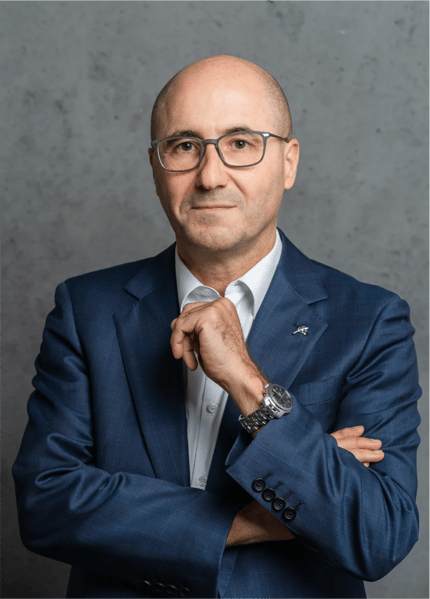
French turmoil with limited risk of contagion to Europe.
The autumn political season in France is shaping up to be turbulent. Amid a backdrop of social tensions, prime minister François Bayrou has called for a vote of confidence on September 8 concerning the state of public finances. A negative outcome appears highly likely. These renewed uncertainties are having a pronounced effect on the bond market: Franco-German spreads are nearing the highs seen in June 2024, during the dissolution of the National Assembly. The equity market, however, has recouped part of its initial losses, indicating that some of this uncertainty is already priced in.
Unlike last year, the eurozone is enjoying more favourable momentum, supported by Germany’s fiscal stimulus and the resilience of its economy despite trade tensions with the United States. We therefore believe that the turmoil will remain contained within France. As a result, we maintain our cautious stance on French equities with strong domestic exposure. At the European level, we favour financials on weakness, discretionary consumption, and industrial companies.
New overweight in equities
In recent weeks, several major shifts in the macroeconomic and financial environment have changed our market outlook and led us to revise our tactical positioning.
The US Federal Reserve has softened its stance, hinting at potential monetary easing in the coming months. Following a prolonged period of restrictive policy, this shift signals a willingness to support an economy that, while still resilient, is showing signs of slowing, particularly in the labour market. At the same time, trade policy tensions appear to be easing, removing a key source of uncertainty that had weighed heavily on business and investor confidence.
In this new environment, equities are regaining meaningful support. Recent earnings reports have revealed unexpectedly strong corporate performance, with positive surprises leading to significant upward revisions in earnings forecasts. Valuations, which had prompted our caution earlier this summer, now seem more justified as profit momentum strengthens. The US market, in particular, is sending encouraging technical signals: a breakout above key resistance levels suggests the start of a new upward phase.
Over the summer, we maintained a cautious stance, primarily due to geopolitical uncertainties and trade tensions. Today, those risks are receding, and we believe a neutral position on equities is no longer warranted as we anticipate a continuation of the bull cycle.
We have therefore decided to increase the equity allocation in our portfolios (+2% for a balanced profile), bringing us to a modest overweight position. This move reflects our conviction that a more supportive monetary backdrop, combined with robust earnings momentum, offers a solid foundation for equity markets in the coming months.
In parallel, we are adjusting our geographic allocation to better reflect the specific headwinds facing certain regions. Newly imposed tariffs on Switzerland represent a significant drag on local competitiveness, which is likely to weigh on domestic growth and corporate prospects. In contrast, the eurozone is enjoying a more favourable trade environment, with less exposure to new tariffs. As a result, we are slightly reducing our Swiss equity exposure in favour of European equities.
This week’s figure: 3'447 USD
Gold ended the week at a new historical peak. A consolidation lasting more than four months has eroded investor sentiment toward the metal, which now stands beyond the threshold of extreme pessimism. As a result, gold may be at the outset of a new bullish phase.
Author
-

A graduate of the University of Geneva in Business Administration with a specialisation in finance, Daniel Varela began his career in 1989 as a fixed‑income portfolio manager. He joined Banque Piguet & Cie in 1999 as Head of Institutional Asset Management, also overseeing the Bank’s fixed‑income analysis and management. In 2011, he took charge of Piguet Galland’s investment strategy and the Investment Department. He has been a member of the Executive Committee since January 2012, serving as Chief Investment Officer.





